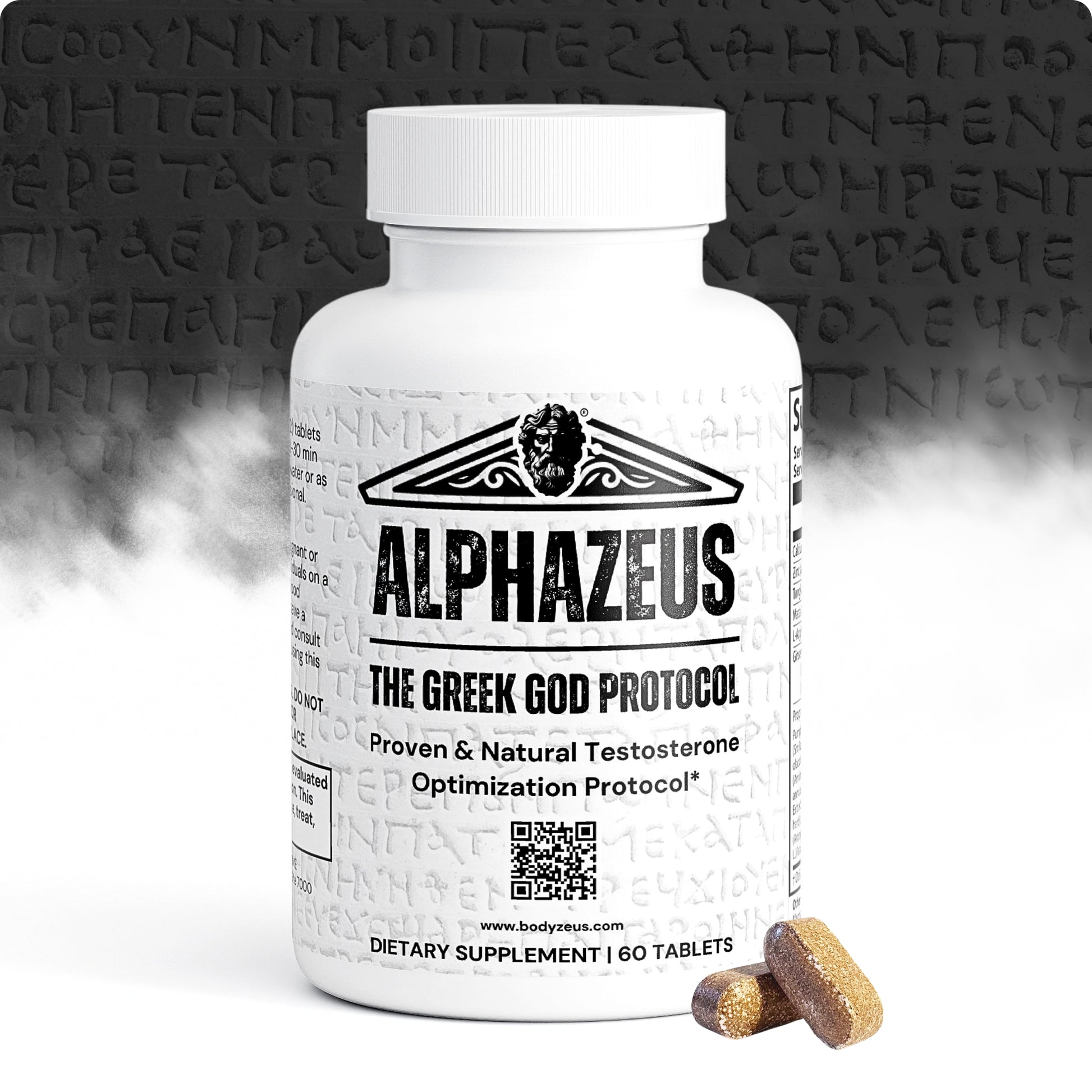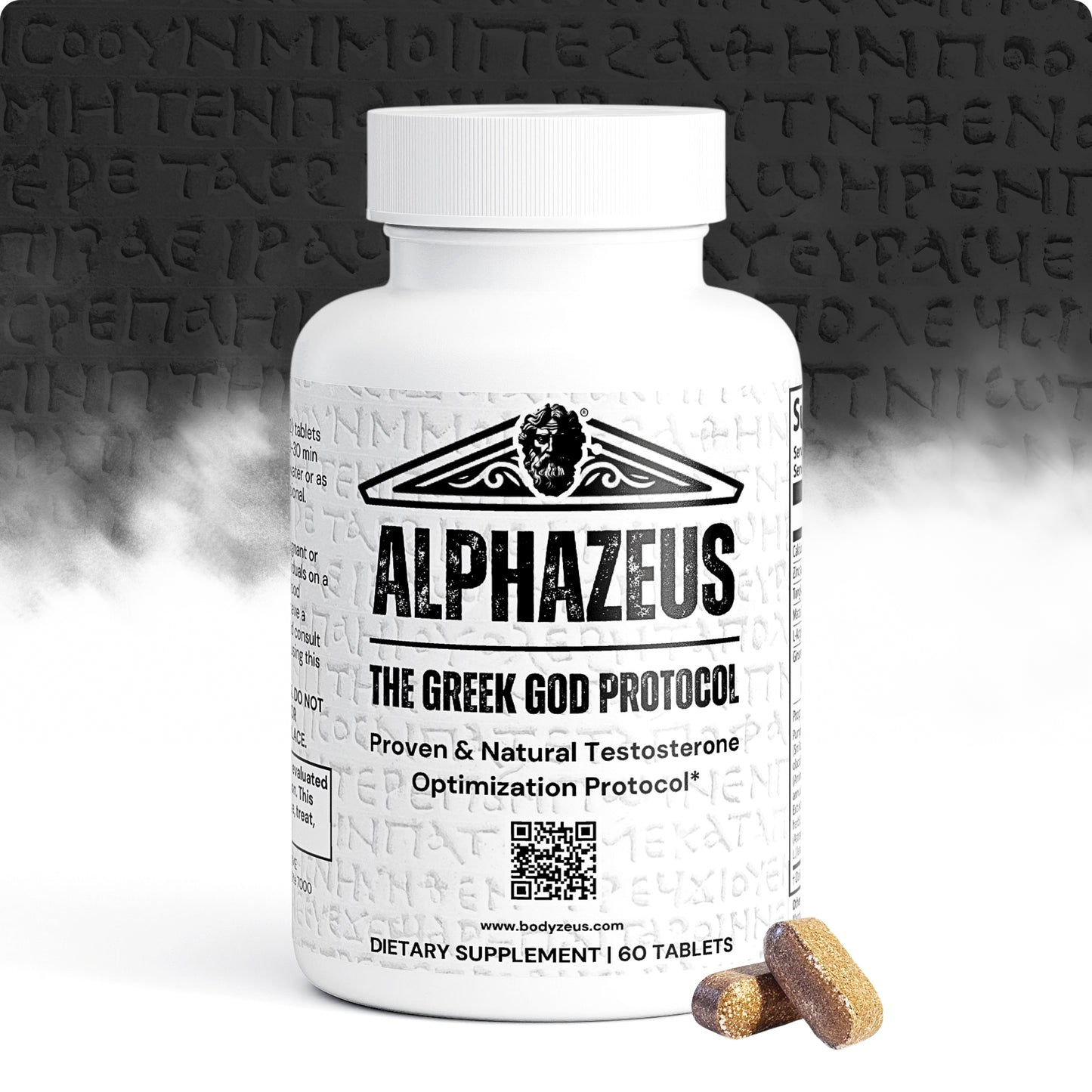Key Takeaways:
- Muscle growth is a complex process influenced by training, nutrition, and genetics.
- Understanding different training techniques and their impact on muscle development is crucial.
- Proper nutrition is key to fueling and repairing muscles for growth.
Muscle growth, a primary goal for many fitness enthusiasts, is more than just lifting weights. It's a multifaceted process that requires a combination of strategic training, proper nutrition, and understanding the body's physiology. This article delves into the intricacies of muscle growth and provides strategies for achieving peak performance.
1. The Physiology of Muscle Growth
- Muscle Hypertrophy Explained: Muscle hypertrophy is the process of muscle fibers increasing in size, usually as a response to strength training. This involves the repair of micro-tears in muscle fibers caused by weightlifting or resistance training.
- Role of Hormones in Muscle Growth: Hormones like testosterone and growth hormone play significant roles in muscle development. They facilitate the repair and strengthening of muscle fibers post-exercise.
2. Training Techniques for Muscle Development
- Progressive Overload: The key to continued muscle growth is progressive overload, which involves gradually increasing the weight, frequency, or intensity of exercises to challenge the muscles continually.
- Variety in Exercises: Incorporating a mix of compound and isolation exercises can stimulate muscle growth effectively. Compound movements like squats and deadlifts work multiple muscle groups, while isolation exercises like bicep curls target specific muscles.
- Understanding Reps and Sets: Different rep and set ranges can lead to different types of muscle growth. Higher reps with lighter weights tend to create more muscular endurance, while lower reps with heavier weights contribute to increased muscle size and strength.
3. Nutritional Strategies for Muscle Growth
- Protein Intake: Protein is essential for muscle repair and growth. Consuming enough protein from sources like lean meat, fish, dairy, and legumes is crucial post-workout for optimal muscle recovery.
- Carbohydrates and Fats: Carbohydrates are important for replenishing glycogen stores, while healthy fats are necessary for overall health and hormone production, including hormones like testosterone that aid in muscle growth.
- Timing of Nutrient Intake: The timing of food intake can also play a role in muscle growth. Consuming protein and carbohydrates post-workout can aid in more effective muscle recovery and growth.
4. The Importance of Rest and Recovery
- Rest Days for Muscle Repair: Rest days are critical in allowing muscles to repair and grow. Overtraining can lead to muscle fatigue and hinder growth, making recovery just as important as the workout itself.
- Sleep and Muscle Development: Sleep is essential for muscle growth. During sleep, the body releases growth hormones which are crucial for muscle repair and growth. Aim for 7-9 hours of quality sleep each night.
5. Addressing Common Myths in Muscle Building
- Myth: Supplements Are Necessary for Growth: While supplements like protein powders and creatine can aid in muscle growth, they are not essential. A well-balanced diet rich in protein and other nutrients is the foundation of muscle development.
- Myth: Lifting Heavier Is Always Better: Lifting heavier weights can be effective for muscle growth, but it's not the only way. Muscle growth can also be achieved with lighter weights and higher repetitions, as long as there is sufficient muscle tension and fatigue.
6. Additional Tips for Effective Muscle Growth
- Stay Hydrated: Adequate hydration is essential for optimal muscle function and recovery. It helps in transporting nutrients to muscle cells and removing waste products.
- Consistent Workout Routine: Consistency in your workout routine is key to muscle growth. Stick to your training schedule and make adjustments based on your progress and response.
- Mind-Muscle Connection: Focus on the muscle groups you are working on during exercise. This connection can enhance muscle activation and, consequently, muscle growth.
7. Tailoring Your Approach
- Individual Differences: Everyone's body responds differently to training. It's important to listen to your body and adjust your training and nutrition according to your personal needs and goals.
- Professional Guidance: Consulting with fitness professionals and dietitians can provide personalized advice and help you develop an effective training and nutrition plan tailored to your specific goals.
Achieving muscle growth is a journey that encompasses a well-planned training regimen, a balanced diet, adequate rest, and an understanding of your body's needs. Remember, muscle growth is a gradual process, and consistency, along with a well-rounded approach, is key to success. Regularly assessing your progress and making necessary adjustments will help you achieve your muscle-building goals.



